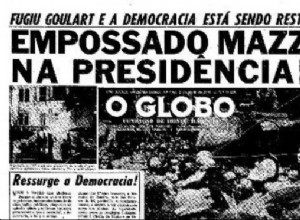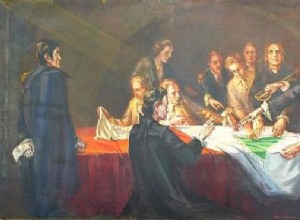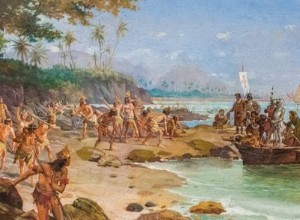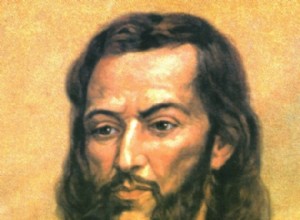TheMilitary Dictatorship in Brazil was an authoritarian regime that began with the military coup on March 31, 1964, with the deposition of President João Goulart. The military regime lasted 21 years (1964-1985), established censorship of the press, restriction of political rights and police persecu




